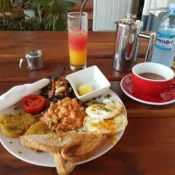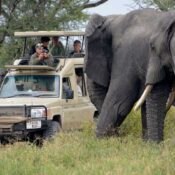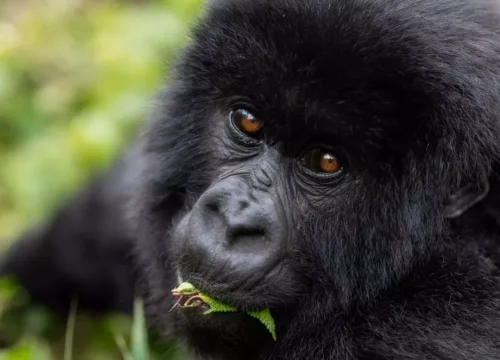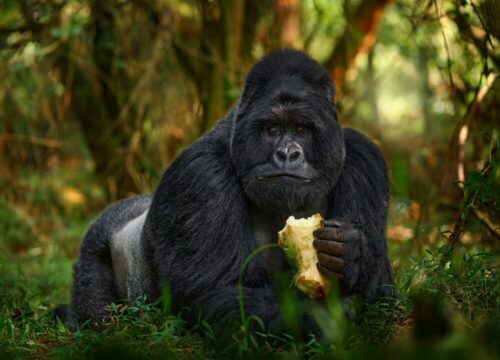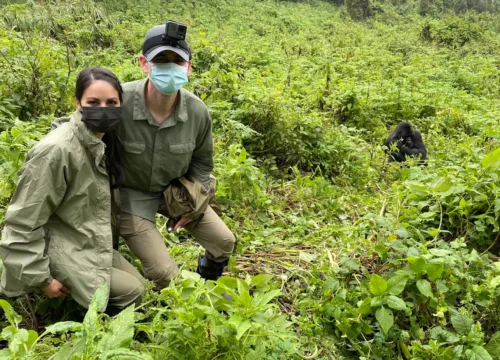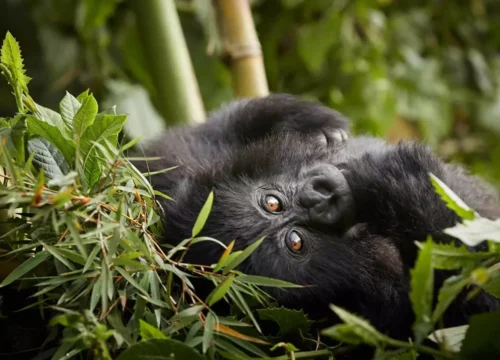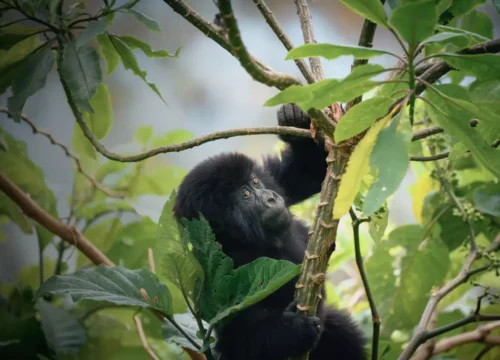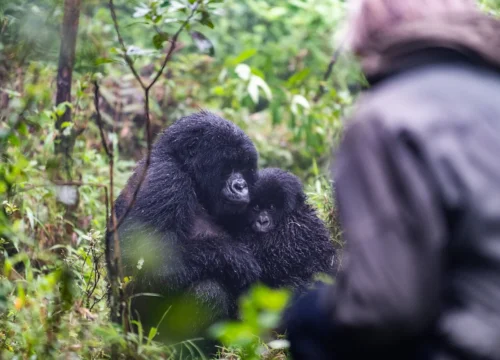Balule Nature Reserve
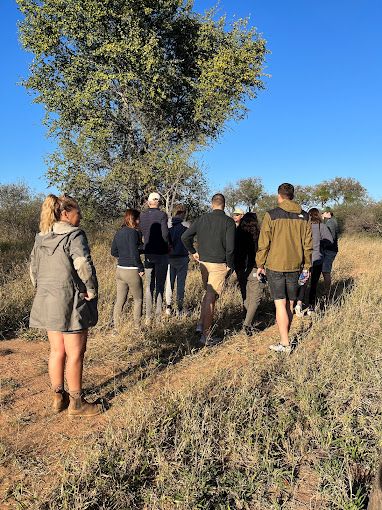
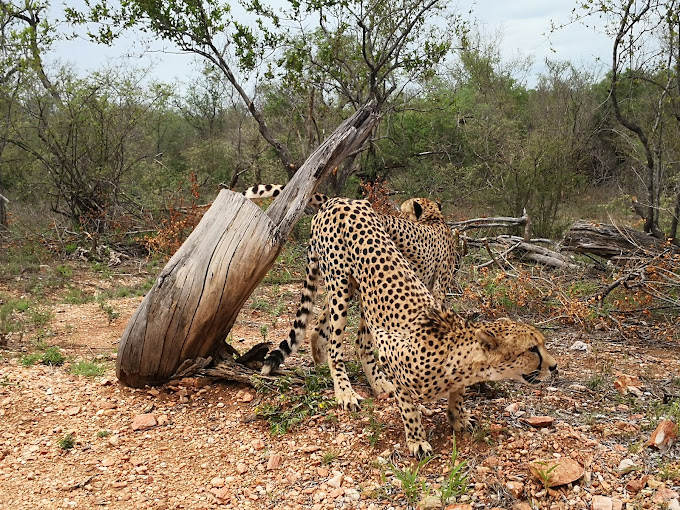
Balule Nature Reserve overview
A patchwork of private properties that combined into one nature reserve in the 1990s, Balule Nature Reserve now shares an open border with the world-renowned Kruger National Park and is part of the same ecosystem. All major safari animals are present, and game drives are conducted in open safari-vehicles, which can go off-road to get the best possible experience.
Balule Nature Reserve Pros & Cons
- Excellent wildlife viewing with all of the Big Five present
- Part of the vast Greater Kruger ecosystem
- Game drives, night drives and walking safaris available
- Several accommodation options to choose from
- Expensive packages and no self-drive option
- Some properties are small and cluttered with man-made constructions
Wildlife in Balule Nature Reserve
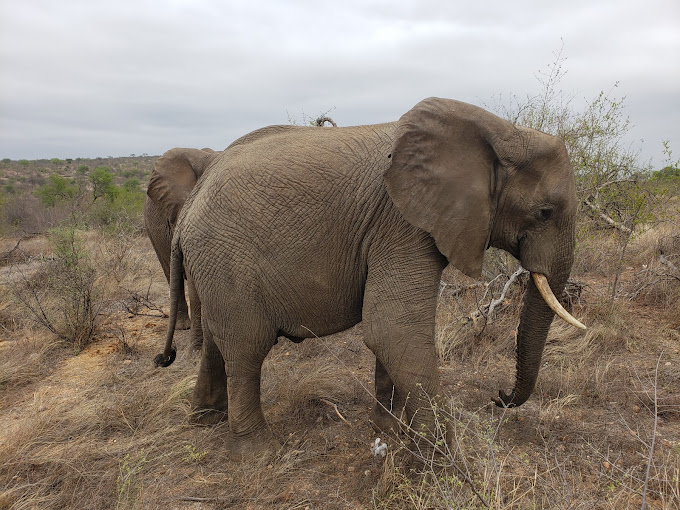
Balule Nature Reserve offers an authentic wildlife experience. All safari animals are present and are able to wander between the property and neighboring Kruger. A large concentration of giraffe, waterbuck and wildebeest attracts predators in great numbers. Large herds of buffalo and elephant often roam the area.
Balule Nature Reserve Scenery
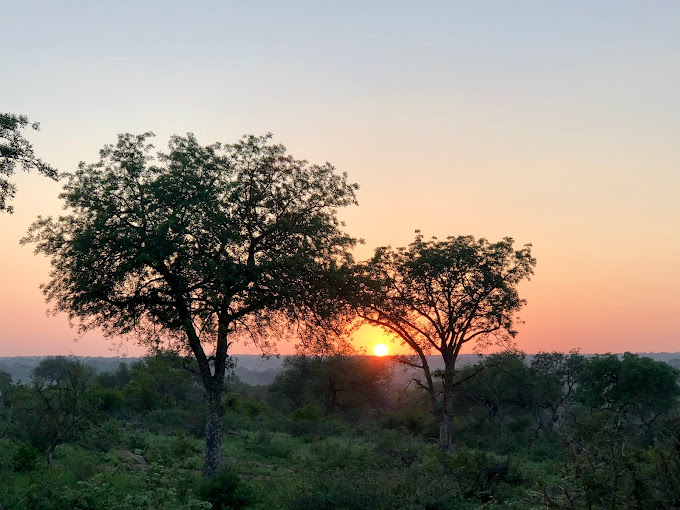
The main habitats in the parks are savannah woodland and grassland. Scenic highlights are the perennial Olifants River, which runs through the center of the park, and the Drakensberg escarpment, which forms a dramatic background.
Balule Nature Reserve Weather & Climate
In Balule Nature Reserve, summer is from October to April – these months are characterized by rain, humidity and heat. Winter, on the other hand, between May and September, tends to be pleasant with milder conditions and little rainfall. At this time of year, the mercury drops at night, so you may need an extra blanket on your bed.
Best Time To Visit Balule Nature Reserve
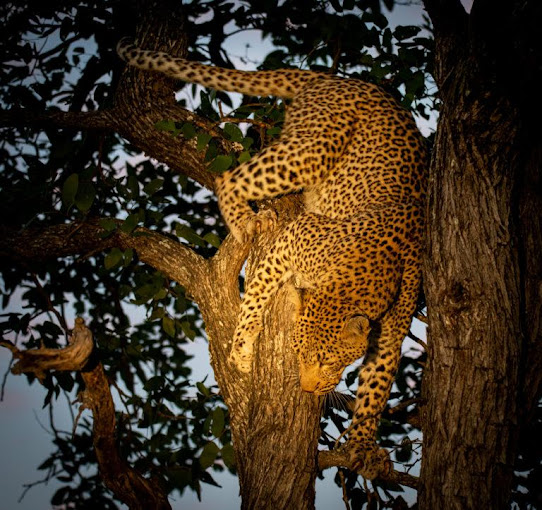
Wildlife watching is at its best in Balule Nature Reserve throughout the Dry season (May to September) with conditions peaking in September, as the days warm up. This is also the low season for tourism, except during school holidays when many locals head to the parks. Vegetation is green and lush in the Wet season (from October to April), but this makes spotting animals more difficult.
Birds – Balule Nature Reserve
Balule Nature Reserve offers great overall birding with more than 250 species recorded. The perennial Olifants River, which runs through the center of the park, attracts many waders and other water-associated birds. The magnificent fig trees along the riverbank attract fruit-eating species such as trumpeter hornbill, purple-crested turaco, black-collared barbet, African green pigeon and plum-colored starling. The area is also excellent for raptors (eagles, in particular) and owls might be seen on night drives. Migratory birds are present from November to April.
Birding Specials–Treats for Avid Birders
- Bat hawk
- Black stork
- Eurasian hobby
- Gabar goshawk
- Harlequin quail
- Horus swift
- Kori bustard
- Lappet-faced vulture
- Little swift
- Montagu’s harrier
- Pallid harrier
- Plain martin
- Purple-crested turaco
- Red-capped robin-chat
- Sabota lark
- Steppe eagle
- Tawny eagle
- Wahlberg’s eagle
- White-headed lapwing
Balule Nature Reserve Best Time for Bird Watching
November to April is prime bird watching time in Balule. This is when Eurasian and intra-African migrants are present. Generally, bird watching is good year-round, and wildlife viewing is best during the Dry season (June to September).
Weather & Climate – Balule Nature Reserve
Winter and summer occur at opposite times in Balule Nature Reserve as they do in North America and Europe. The summer months, October through April, are wet, hot and humid and recognized as the Wet season. The winter months, May through September, are mild and warm, and this is the Dry season. During the winter, the nights and early mornings are cold. Thundershowers are common during the Wet season, although it would be a rarity for it to rain the whole day.
Dry Season–May to September – Winter
There is essentially no rainfall during the winter and very little humidity. Animals have difficulty finding water in the bush, so they group around permanent water sources during this time.
- May – May means summertime is at its end. Lower temperatures become normal. Expect temperatures of about 12°C/54°F in the morning and 28°C/82°F in the afternoon.
- June, July & August – Warm clothing is very important for cold morning game drives in open vehicles as it averages 11°C/52°F in the mornings. Afternoon temperatures are around 24°C/75°F and these months often have lovely, bright skies.
- September – The first rains quench the dry ground and temperatures slowly rise to an average of about 27°C/81°F during the afternoon. Mornings are fair with temperatures around 15°C/59°F.
Wet Season–October to April – Summer
Summer brings hot, humid conditions that can be uncomfortable at times. It isn’t unheard of for temperatures to rise above 40°C/104°F. Average daytime temperatures are around 31°C/88°F. Afternoon storms occur frequently, although they rarely last long.
- October & November – Temperatures rise, and rain becomes a daily occurrence, usually in the afternoon. Temperatures typically range from 18°C/64°F in the morning to 30°C/86°F in the afternoon.
- December, January & February – This is the time of the highest temperatures and the most rain. Massive downpours should be expected in the afternoon. Temperatures can rise above 40°C/104°F, with daytime averages of 33°C/91°F.
- March & April – As the weather cools, the rains taper off but continue into April. This is a time of lovely weather and clear, bright skies. Nights are fair with an average temperature of 15°C/59°F, while daytimes are around 31°C/88°F.
Getting There – Balule Nature Reserve
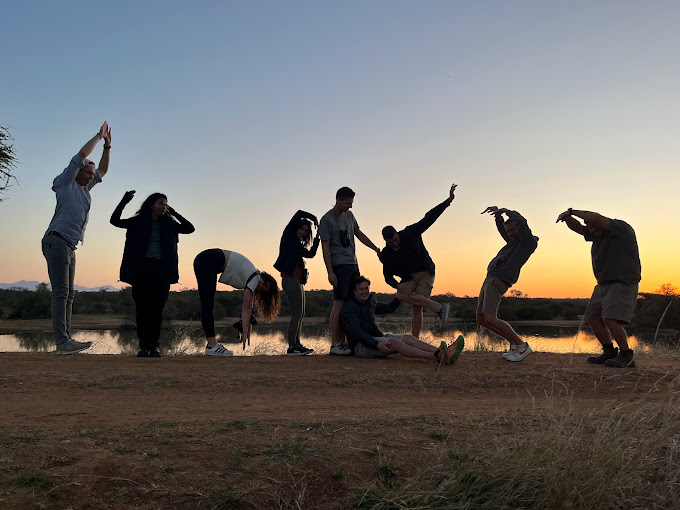
O.R. Tambo International Airport (JNB) in Johannesburg is the arrival point for most visitors to Balule Nature Reserve. From here a connecting flight to Hoedspruit’s Eastgate Airport (HDS) can be arranged. Most accommodations provide transport from Eastgate Airport, which takes up to an hour depending on the exact location of the lodge.
Hiring a car is an alternative option, and you can do this in Johannesburg. Balule is located alongside the R40 between Hoedspruit and Phalaborwa, west of Kruger National Park. The 450km/280mi drive from Johannesburg’s O.R. Tambo International Airport (JNB) takes approximately 5 hours*.
Airlines & Ticket Prices
Please check Skyscanner to see which airlines can take you to O.R. Tambo International Airport (JNB), and what tickets would cost.
Domestic Flights
Your tour operator can organize a charter flight to the reserve’s airstrip or a regular flight to Hoedspruit.
Several carriers offer domestic flights to Hoedspruit:
INQUIRE NOW
GENERAL INFORMATION ON A SOUTH AFRICA SAFARI
ENTRY REQUIREMENTS:
All visitors to South Africa must have a valid passport with at least 4 consecutive blanks pages. Any applicable visa and/or relevant documentation are the responsibility of the traveller. For further information on Visa requirements visitors are advised to contact their nearest South African Embassy or Consulate.
LANGUAGE:English
TIME: GMT +3
VOLTAGE: 220 Volts/AC50Hz. Sockets are UK style, 3 pin square plugs. Power is from the government in the city/major towns and generator with inverter back up in the Safari Lodges and Camps.
CURRENCY: Foreign currency must be changed at the Bank, Bureau de Change, and Hotel/Safari lodge/Camp/Resort. Major Credit Cards, Master card, Visa, American Express, are usually accepted throughout the country. Where credit cards are accepted, the payment will normally be recorded in US$ regardless of the card’s default currency.
CLOTHING: Dress is mainly informal and should be comfortable as well as practical. Something warm should be brought along for early morning and evenings. Safari clothes are available from hotels/lodges/camps.
BAGGAGE: Where possible, travel light. Baggage space on safari is limited to medium suitcase or soft bag per person plus reasonable amount of hand luggage. There is 15 Kilogram per person limit on all flights to the wildlife sanctuaries. Excess luggage must be stored in your arrival hotel.
WATER: You will find many different of opinion of what is safe and what is not. We recommend for peace of mind, to drink local Bottled Mineral water. It is important to drink plenty of water especially during the hotter months. We would recommend that guests drink at least 2 to 3 liters of water per day to limit the effects of dehydration.
HEALTH; East Africa is a safe and secure destination; however, it is a good idea to take a few precautions. Kindly consult your GP or local doctor at least 6 weeks before you travel, with regards: Malaria prophylactics. East Africa is a known malaria area and preventive measures are essential. You are advised to take one of the recommended anti-malarial drugs. Be sure to wear long sleeved shorts and trousers after sunset and spray the exposed parts of your body with a mosquito repellent spray Remember to protect yourself from direct sun rays with sunscreen cream or safari hat.
DIETARY REQUIREMENTS: For those guests with specific dietary requirement, please ensure we are notified prior to travel
GRATUITIES: As a guideline and dependent on how happy you are, we would suggest the following: The General Hotel/Lodge/Camp Staff – Approximately U$ 10.00 per person per day Driver Guides – Approximately US$ 15.00 to US$ 20.00 per person per day.
PHOTOGRAPHY: Please be careful when photographing public buildings, airports, bridges, the national flag and people in uniform. Ensure that you have sought permission before photographing local people and their villages. If in doubt, please check with your guide.
Book a Customized Safari
Read about
10 Things you Should NOT DO on an African Safari.
What to expect on a safari in Uganda.
Bwindi Impenetrable National Park
How to Choose the Best Tour Operate for Your Safari in Africa
12-Day Gorilla Tracking in Bwindi
Some of our Gorilla and wildlife Safaris
1 Day Jinja Ultimate tour Experience
1 Day White Water Rafting in Jinja
3 Days Bwindi Gorilla Habituation via Rwanda
3 Day Birding Safaris and Photography in Uganda
3 Day Safari to Queen Elizabeth National Park
3 Day fly in Gorilla Trekking Safari from Masai Mara
3 Day Grand Gorilla Trekking Safari
4 Day Chimpanzee and Gorilla Trekking Safari
Recent Posts
Last Minute Deals
Quick booking process
+49 1575 4711313


